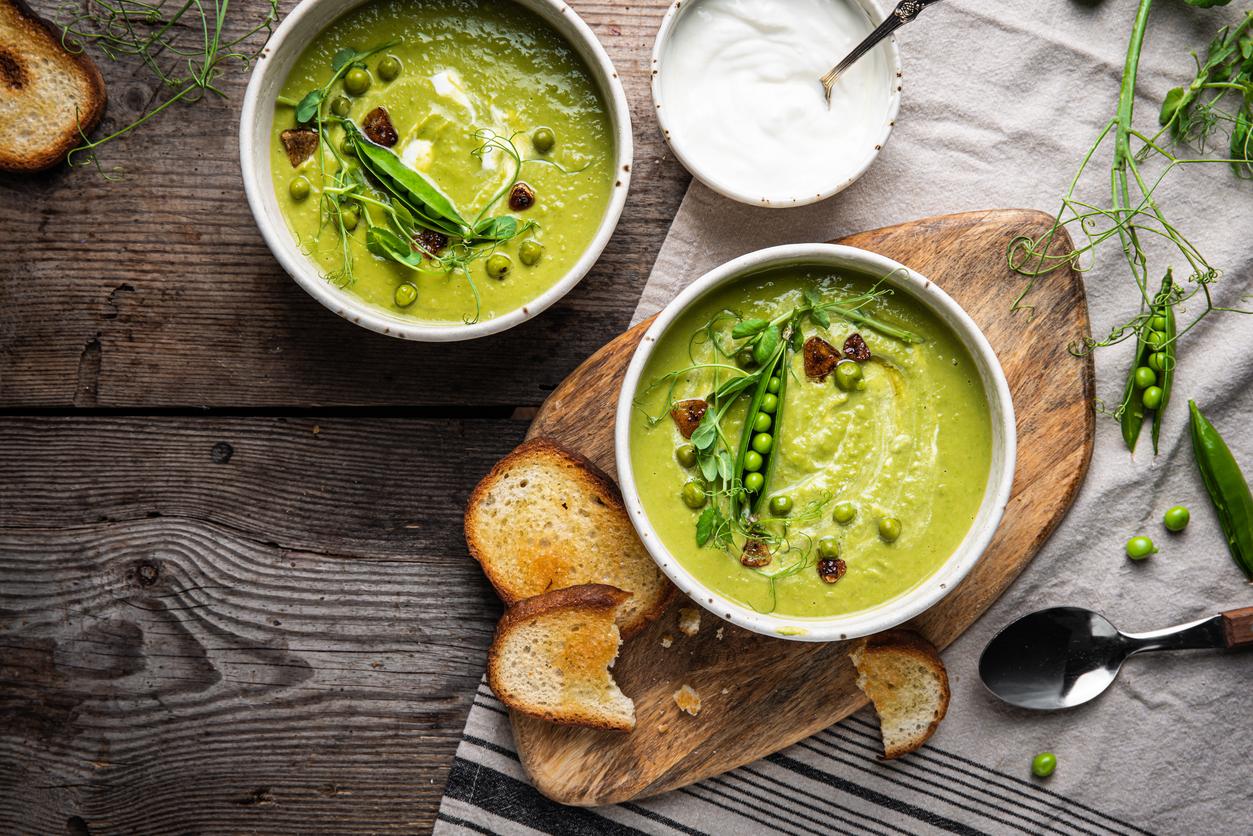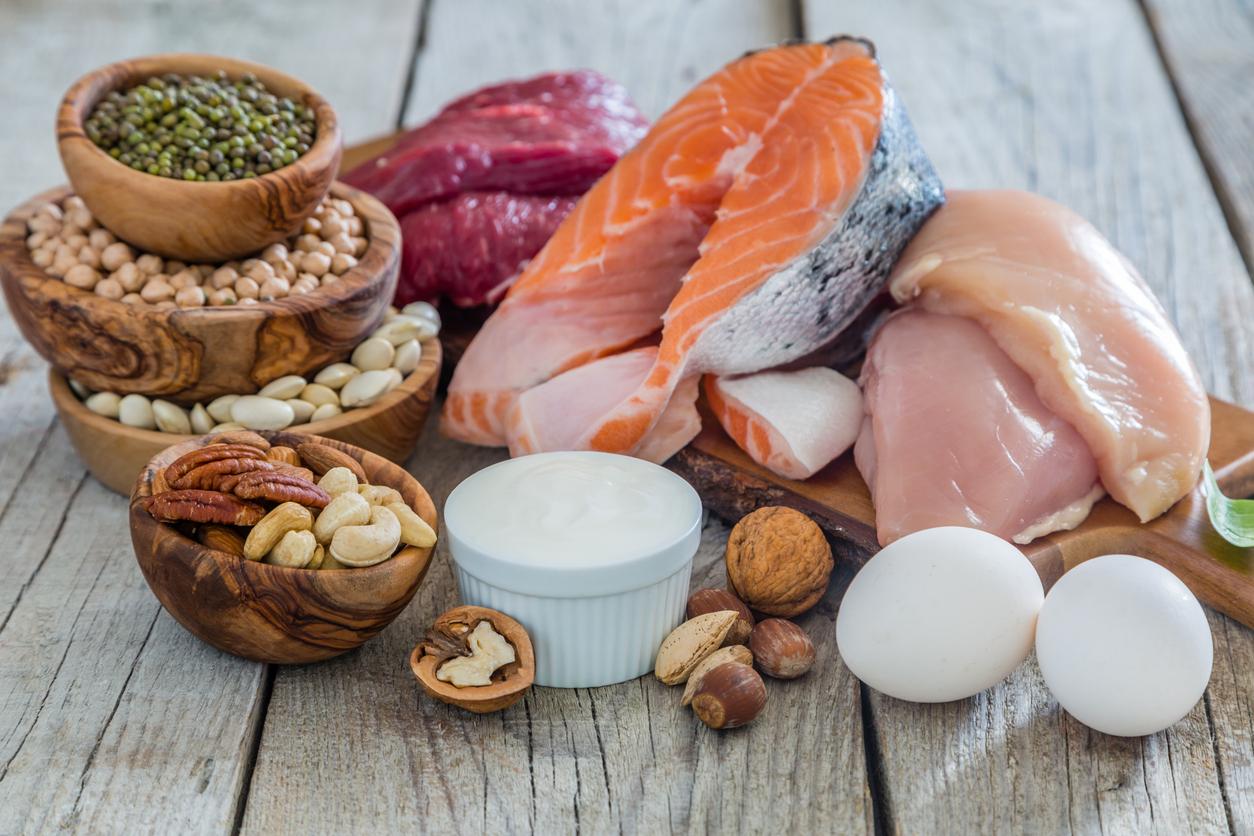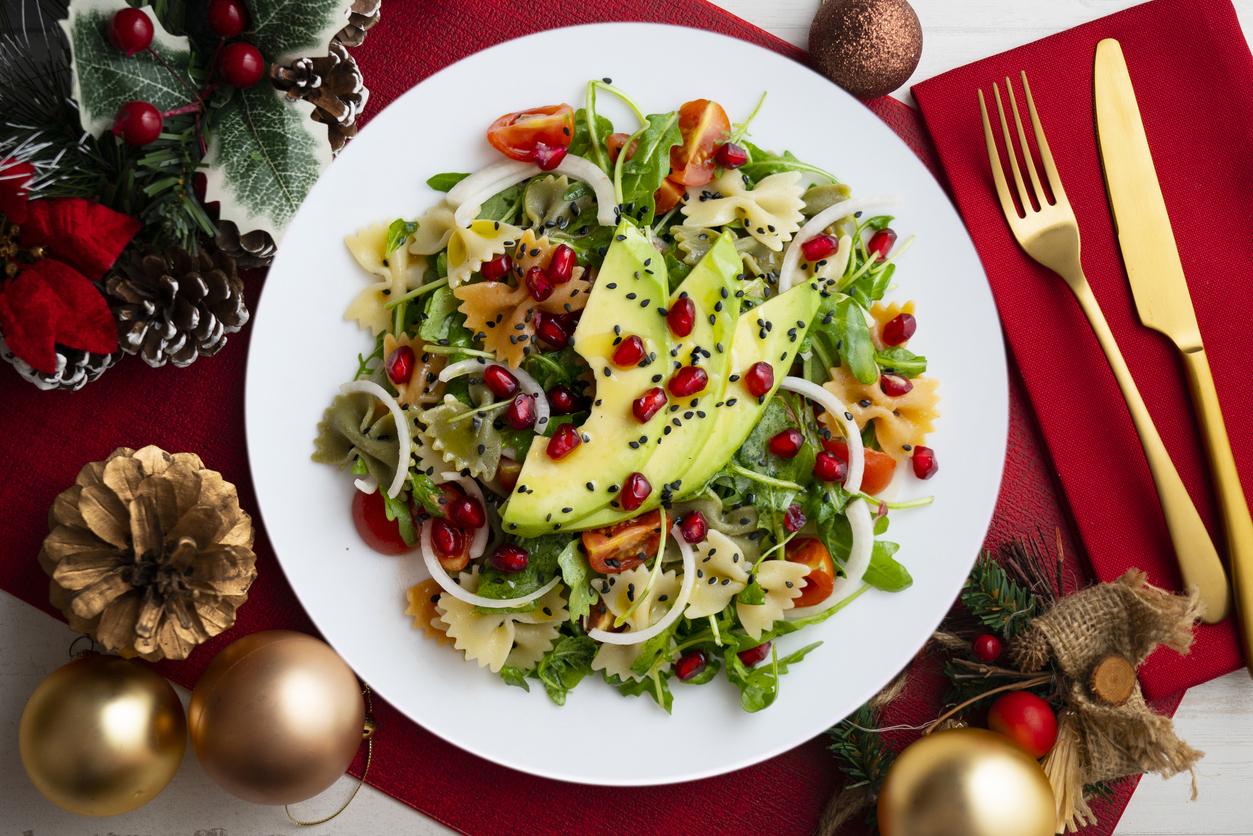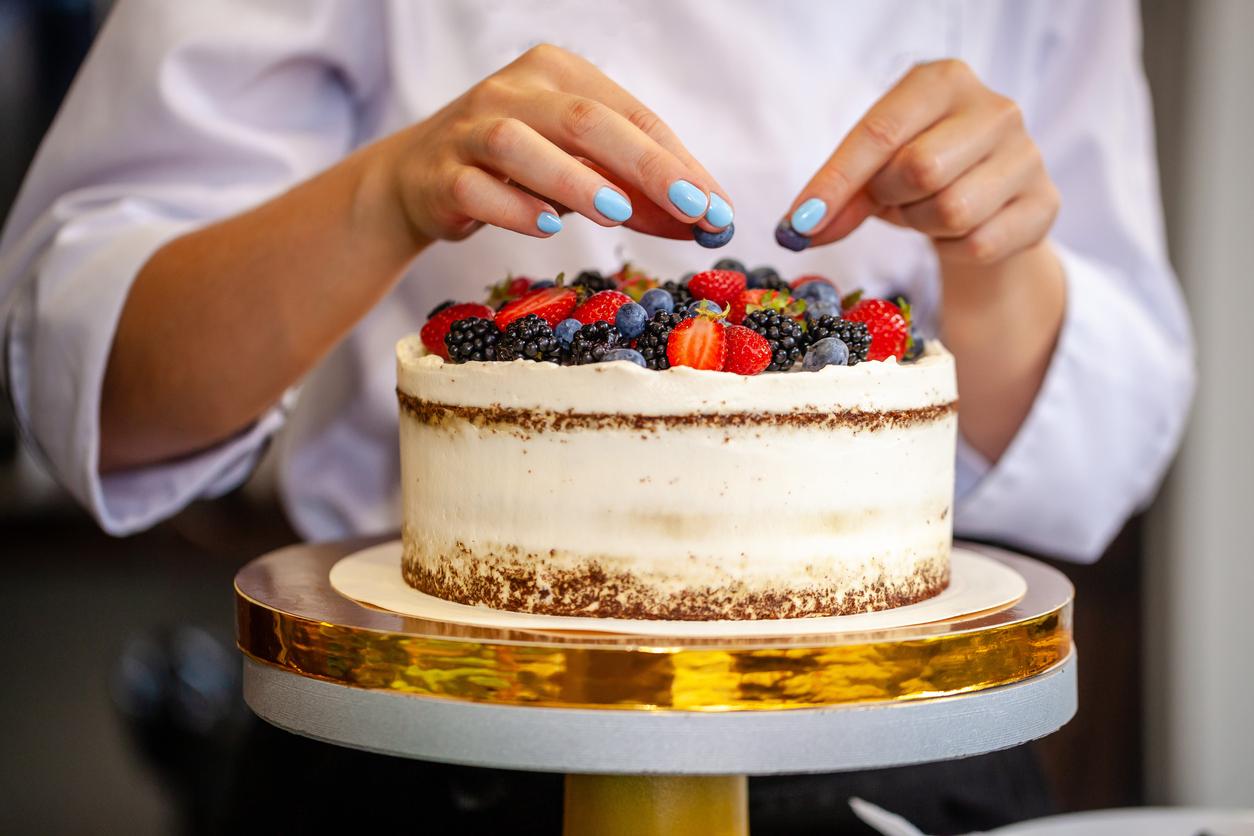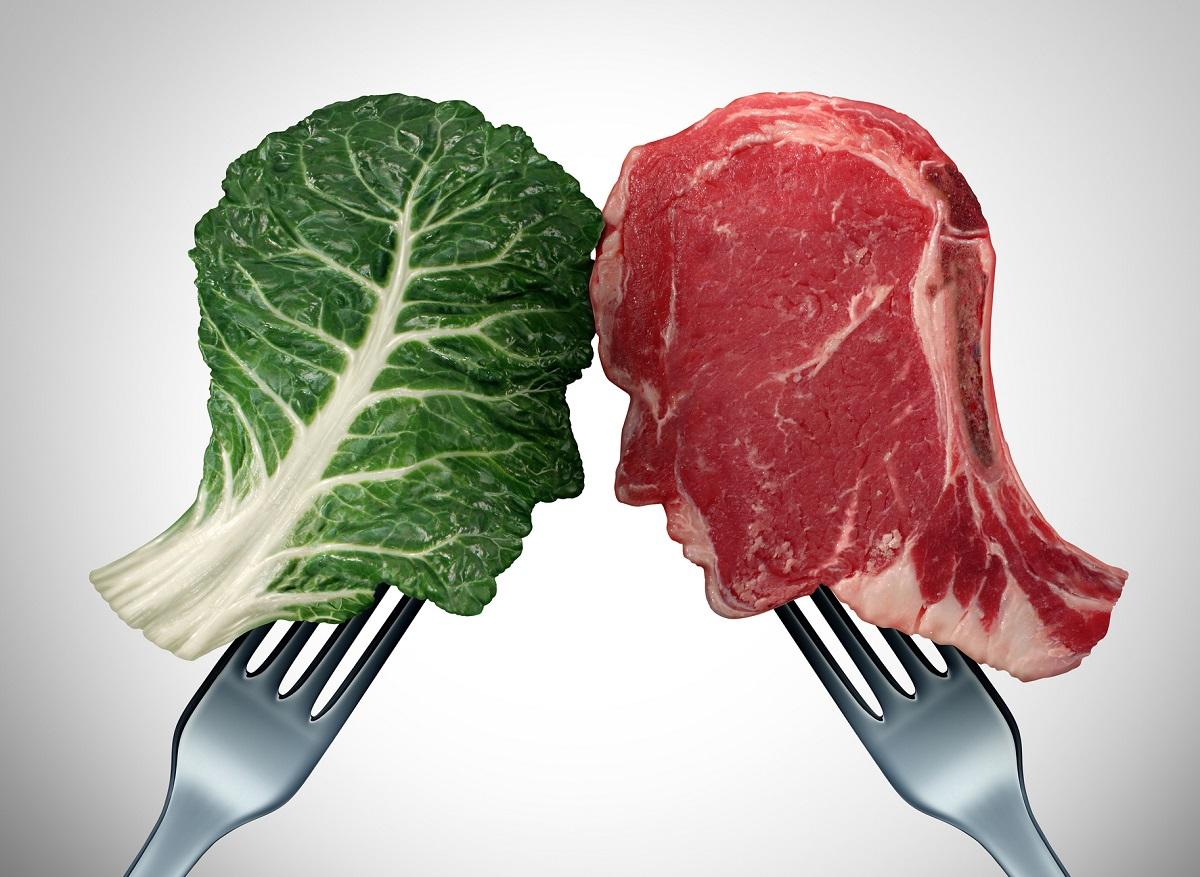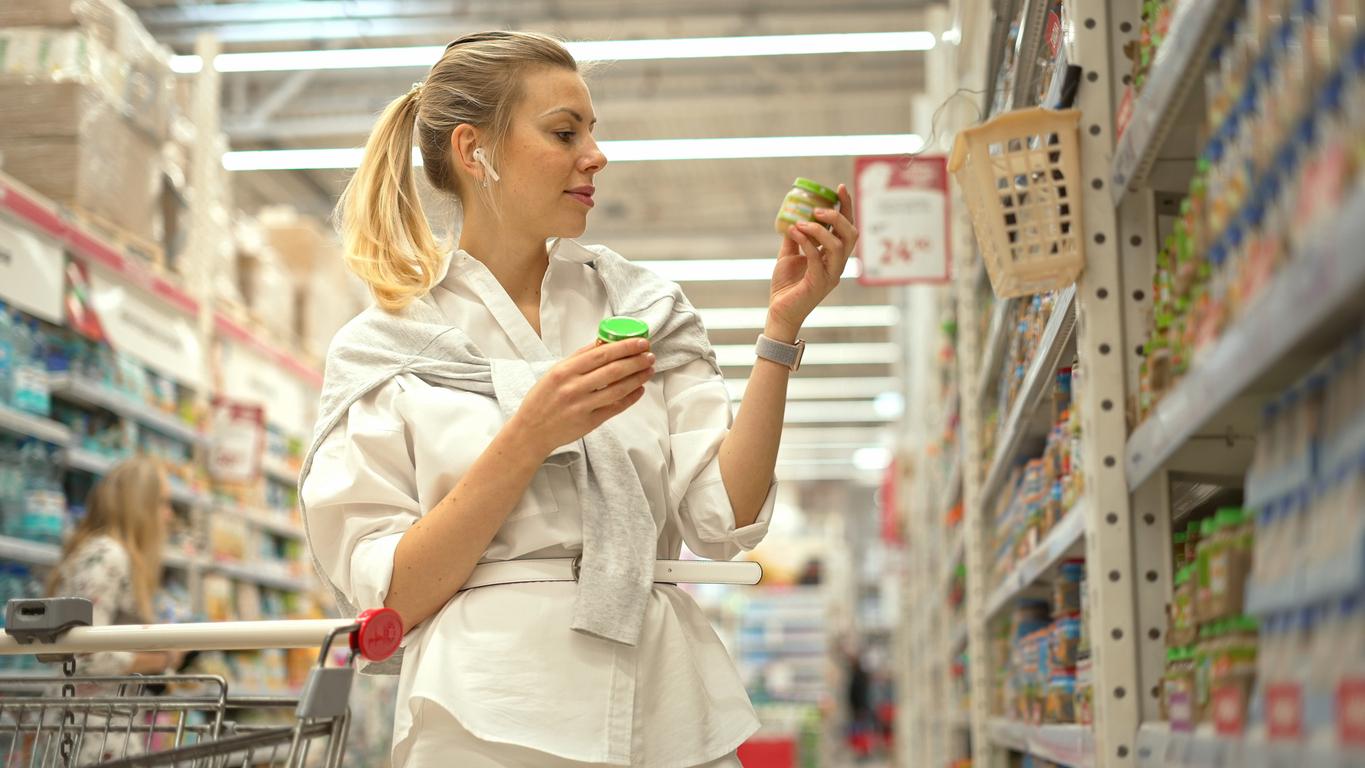By putting banana in fruit smoothies, they lose some nutritional benefits. Explanations.
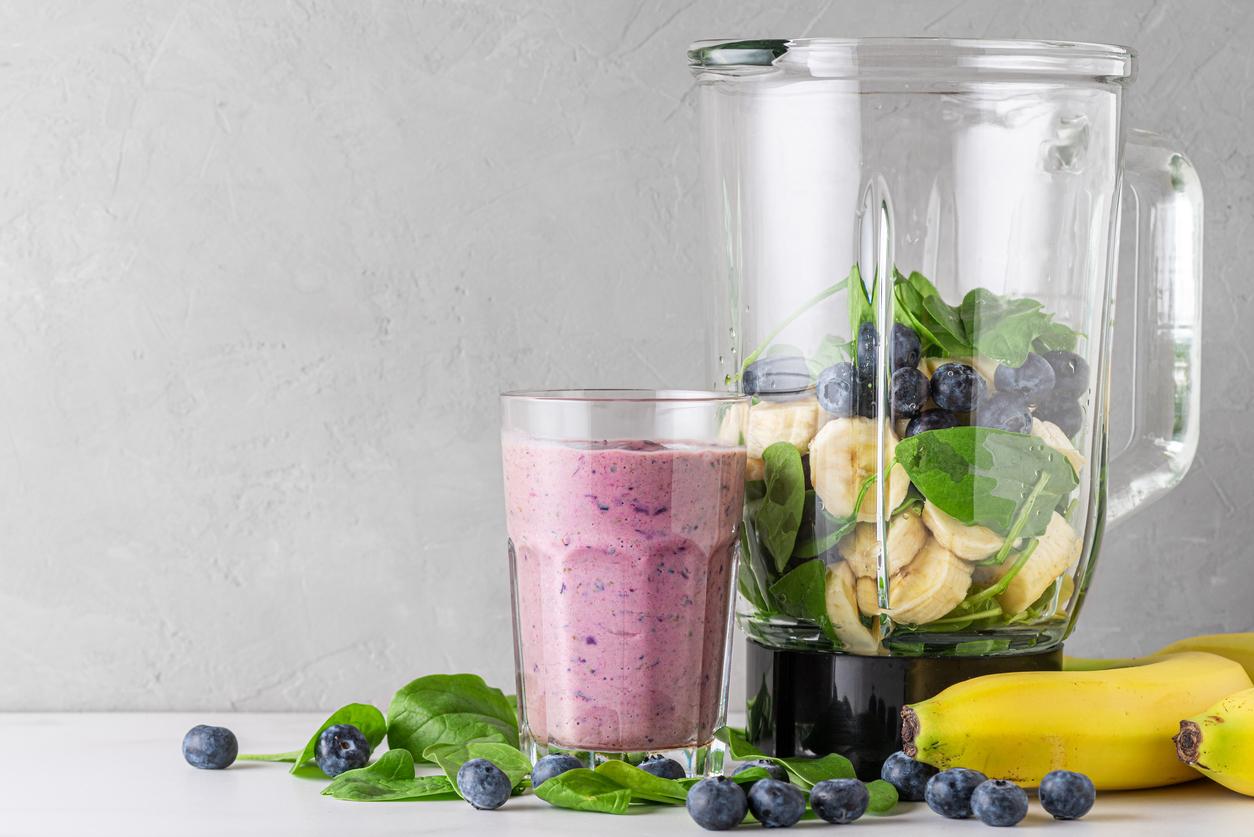
- Flavanols are a group of bioactive compounds that benefit heart and cognitive health.
- Adding bananas to smoothies can result in an 84% drop in the amount of flavanols absorbed by the body.
- This is believed to be due to an enzyme present in bananas called “polyphenol oxidase”.
To eat several fruits and vegetables, which we need for a healthy diet, during the day, some people make smoothies using a blender. However, “foods used for their preparation may have high polyphenol oxidase activity and therefore potentially affect the content and bioavailability of flavanols.” In a recent study, researchers at the University of California, Davis suggested that mixing certain ingredients into these thicker drinks could influence the body’s nutritional intake. More precisely, if you want to preserve and benefit from their virtues, it is better not to add banana to these mixtures.
Apples, pears, berries: flavanols are good for the heart and brain
To reach this conclusion, the team prepared several smoothies to test how different levels of polyphenol oxidase, an enzyme found in many fruits and vegetables, affect the levels of flavanols found in foods that can be absorbed by the body. As a reminder, flavanols are a group of bioactive compounds beneficial for the heart and cognitive health, which are found naturally in fruits, including apples, pears, blueberries, blackberries or grapes.
As part of the work, the scientists asked eight healthy men to drink a smoothie made from bananas, which are naturally high in polyphenol oxidase activity, and a drink made from mixed berries, which is low in enzymes. All participants also took a flavanol capsule so that everyone started the experiment with the same level of bioactive compounds. Blood and urine samples were analyzed to measure the amount of flavanols present in the body after ingesting the smoothies and capsule.
Enzyme found in banana reduces the absorption of flavanols
According to the results, published in the journal Food & Functionvolunteers who drank the smoothie containing banana had levels of flavanols in their bodies 84% lower than those in the control group. “We were very surprised to see how quickly adding just one banana reduced the level of flavanols in the smoothie and the levels of flavanols absorbed by the body,” explained Javier Ottaviani, author of the research, in a statement. According to the team, this is caused by polyphenol oxidase, the enzyme contained in bananas, which reduces the absorption of flavanols and is responsible for the browning of the fruit when peeled or cut.
According to Javier Ottaviani, people should consider making smoothies by combining fruits rich in flavanols, such as berries, with other ingredients that also have low polyphenol oxidase activity, such as pineapple, orange, mango or yogurt. He also indicated that bananas remain an excellent fruit to eat or consume in smoothies. For those who wish to consume banana-based smoothies, it is recommended not to mix them with fruits rich in flavanols.








